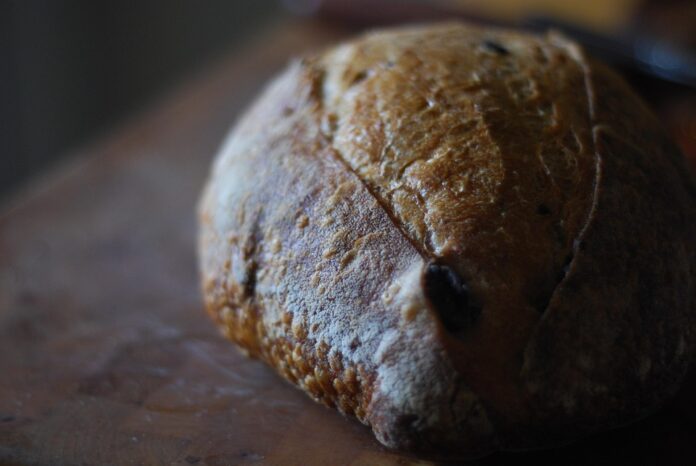Introduction
Artisan baking and industrial baking are two distinct approaches to producing baked goods. While artisan baking emphasizes traditional methods, craftsmanship, and quality ingredients, industrial baking relies on automation, large-scale production, and efficiency. In this report, we will explore the balance between craft and automation in the baking industry, comparing the two approaches and examining how they coexist in the market.
Industrial Baking
Overview
Industrial baking involves large-scale production of baked goods using automated machinery and processes. This approach is commonly used by commercial bakeries and food manufacturers to meet the high demand for bread, pastries, and other baked products. Industrial bakeries often prioritize efficiency, consistency, and cost-effectiveness in their production methods.
Key Players
Some of the major players in the industrial baking industry include Grupo Bimbo, Flowers Foods, and Aryzta. These companies operate large-scale facilities equipped with state-of-the-art baking equipment to produce a wide range of baked goods for distribution to retail outlets, restaurants, and other customers.
Financial Data
According to market research firm IBISWorld, the industrial baking industry in the United States generates over $100 billion in revenue annually. Grupo Bimbo, one of the largest industrial bakeries in the world, reported revenues of $15.1 billion in 2020. These figures highlight the significant scale and economic impact of industrial baking operations.
Traditional Artisan Baking
Overview
Artisan baking is characterized by a focus on traditional methods, handcrafted techniques, and high-quality ingredients. Artisan bakers often operate small-scale bakeries or craft shops, where they create unique and specialized baked goods with an emphasis on flavor, texture, and presentation. The artisan baking movement has gained popularity in recent years as consumers seek out authentic, handmade products.
Key Players
While artisan baking is more fragmented than industrial baking, there are many notable players in the market. Small independent bakeries, pastry shops, and specialty cafes often specialize in artisanal baked goods, catering to niche markets and discerning customers who value quality and craftsmanship.
Financial Data
The financial performance of artisan bakeries varies widely, as many are small businesses with limited resources. However, the artisan baking market is estimated to be worth billions of dollars globally, driven by consumer demand for authentic, locally sourced products. Despite their smaller scale, artisan bakers can command premium prices for their handcrafted goods.
The Balance Between Craft and Automation
Coexistence in the Market
While industrial and artisan baking may seem like competing approaches, they actually coexist in the market and serve different segments of consumers. Industrial bakeries excel at producing large volumes of standardized products at a lower cost, making them well-suited for mass distribution and retail channels. On the other hand, artisan bakers appeal to customers seeking unique, high-quality baked goods with a personal touch.
Trends and Challenges
One trend in the baking industry is the blurring of lines between industrial and artisanal production methods. Some large bakery chains are incorporating artisanal techniques and ingredients into their products to appeal to changing consumer preferences. However, challenges remain in balancing craft and automation, such as maintaining product consistency, managing costs, and meeting regulatory requirements.
Conclusion
In conclusion, the balance between craft and automation in the baking industry is a complex and evolving dynamic. While industrial and artisan baking have their own strengths and challenges, both approaches play a vital role in meeting consumer demand for a wide variety of baked goods. By understanding the differences between these two methods and adapting to market trends, bakeries can find success in a competitive and dynamic industry.




